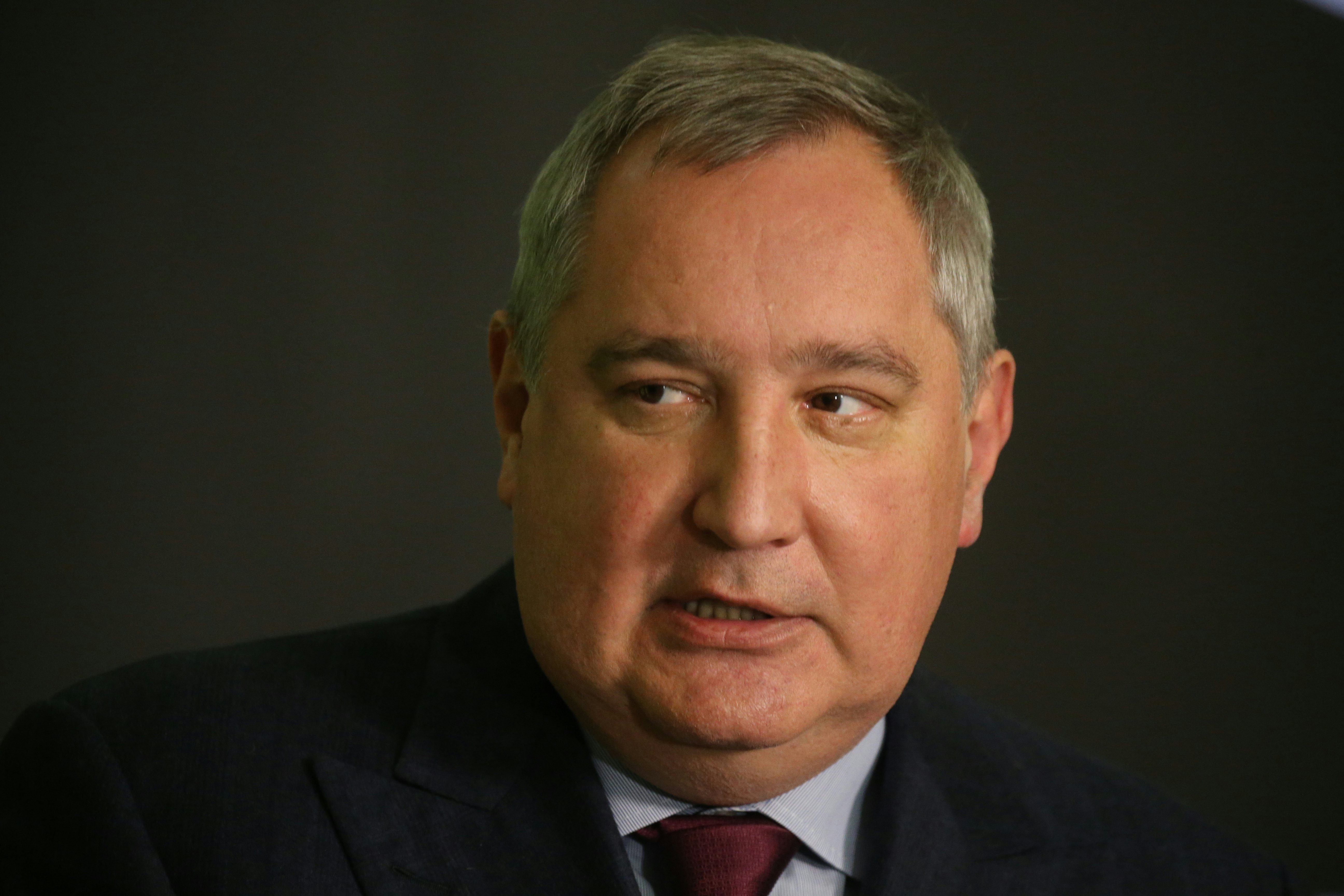
Russia plans to withdraw from the International Space Station, says the head of the Russian space agency Roscosmos. As Bloomberg reports, Roscosmos’ Dmitry Rogozin recently told Russian state media outlets that Russia has finalized plans to leave the ISS partnership. However, he did not provide a date.
“We have prepared our proposals,” Rogozin said in an interview with a broadcast news network, according to state-owned news agency RIA Novosti. “They have been sent to the government and the president. The decision has already been made. We are not obliged to speak about it publicly.”
The ISS is a joint mission between the U.S., Russia, and several other space agencies and depends on close collaboration between those partners to remain operational. Russia provides significant financial support to the space station, and the ISS is made of both a Russian and a U.S. module joined together. Each is dependent on the other for critical capabilities, so Russia withdrawing could effectively cripple the station, though it’s too soon to say exactly what will happen.
Rogozin framed the move as a response to continued sanctions enacted by the U.S. and other countries on Russia following its unprovoked invasion of Ukraine in February. It follows earlier comments from February when Rogozin tweeted that Russia might allow the ISS to deorbit.
It wasn’t an entirely empty threat — the Russian half of the ISS provides occasional boosts to the space station’s orbit that keep it from falling out of the sky — but nothing ever came to pass. More recently, Rogozin said that Russia may not continue supporting the ISS past 2024, when the current agreement is set to expire. For his part, NASA administrator Bill Nelson said in an interview with CNBC in mid-March that he expects Russia to continue with the ISS at least through 2024.
The most recent comments from Roscosmos could herald a more imminent Russian departure from the ISS, but the lack of an end date makes it too early to know for sure. Rogozin has a reputation for, shall we say, less-than-serious proclamations when it comes to international space partnerships.
Back in 2014, when NASA cut off most communications with their Russian counterparts to protest the Russian invasion of Crimea, Rogozin took a similarly belligerent stance. At the time, NASA astronauts were reliant on Russian Soyuz rockets to reach the ISS, and Rogozin threatened to exclude them. If they really wanted to get to space, he suggested in a Tweet, perhaps they could consider taking a trampoline.
That never came to pass, and today NASA has other options to get to the space station, including SpaceX’s Falcon 9 rockets. The recent Ax-1 mission to the ISS, the first privately-crewed mission to the space station, took a Falcon 9 rocket, and a SpaceX Dragon capsule delivered four more astronauts to the ISS on April 27. That’s left the ISS as one of Russia's few pieces of leverage in space.
Still, even if Russia plans to leave the ISS, it’s not something it can do immediately. Rogozin said that Russia is committed to providing at least a year’s notice before leaving to its partners on the space station, as it is required to do. And drawing down Russian involvement would likely be a prolonged process. That’s assuming they don’t just leave, of course — but if the past is any indication, Russia is likely to be reasonably committed to keeping the ISS operational, at least for the time being.

.jpg?w=600)





